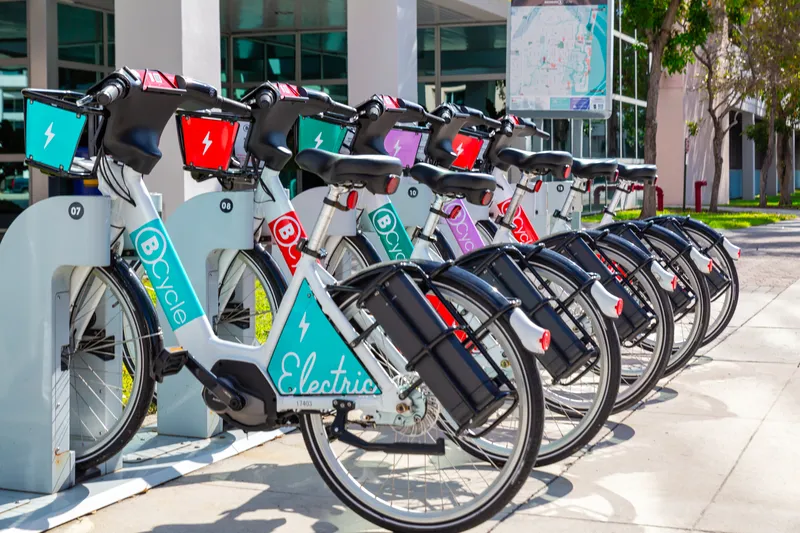Portland’s Tri-County Metropolitan Transportation District (
Innovations in Transportation’s (INIT’s) back-end processing system, Mobilevario, serves as the core intelligence for the project and processes all forms of payment for the multi-agency system.
TriMet riders can tap their device to any of INIT’s 1,200 Proxmobil validators, Mobilevario calculates the fare, validates the transaction against the back-office account, and displays the result in real-time. It is said to provide accurate and up to date account information at any time.
Hot Fast Pass has been designed with an open architecture approach which allowed more than a dozen partners associated with the project to be integrated without changes to the core system.
Tri Met and Google team up to trial virtual public transit card
Portland’s Tri-County Metropolitan Transportation District (TriMet) has joined forces with Google to create a virtual public transit card via Android Pay. It allows riders to tap and pay their transit fare using a virtual Hop Card stored in their smartphone with Near Field Communication. The service expected to be available to users in the early part of next year following the beta launch in December 2017. Innovations in Transportation’s (INIT’s) back-end processing system, Mobilevario, serves as the
December 14, 2017
Read time: 2 mins









